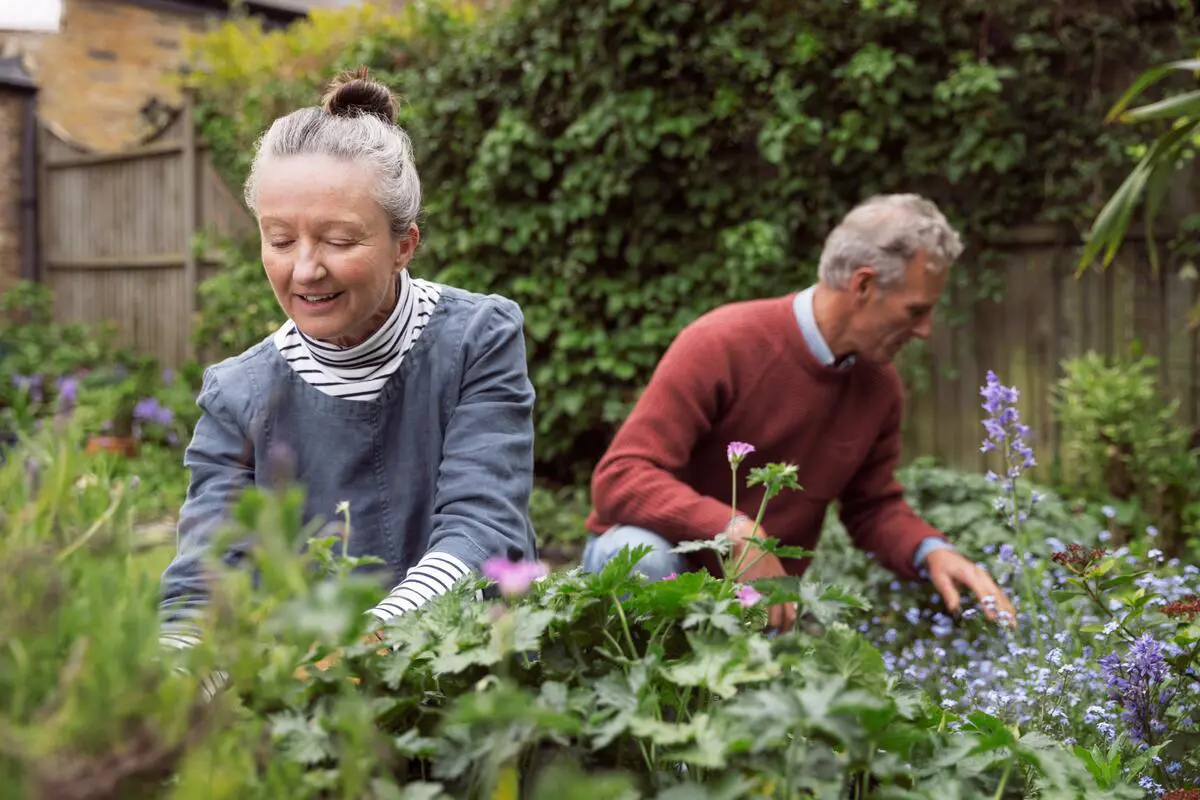Many adults aged 50 years and older with certain chronic health conditions underestimate the impacts of RSV, yet they are among the groups at greatest risk of severe illness and long-term complications from the virus, according to the findings of a new GSK commissioned global survey. This survey included 4,656 adults aged 50 years and older with certain underlying health conditions across eight countries (Brazil, Belgium, Canada, Germany, Japan, Poland, Mexico and Spain).
As the colder months draw in for many countries, the prevalence of respiratory illnesses is spiking. Three viruses, the so-called tripledemic, are especially dangerous for some patients, including older adults and those with chronic health conditions. For Covid-19 and influenza, these risks are well-known. But many people underestimate the third: respiratory syncytial virus, or RSV.
Like Covid-19 and influenza, the experience of RSV can vary widely, ranging from a cold-like nuisance to a serious illness. For all three viruses, older adults and people with chronic health conditions are among the groups at most risk of severe symptoms that can lead to hospitalization. And RSV, despite its lower profile, can be just as serious as the other two: a recent study found that all three illnesses are of similar severity among hospitalized patients.
"Think of RSV as a domino effect for chronic disease management," says Tonya Winders, CEO, Global Allergy Airways Patient Platform (GAAPP). “An infection can destabilise carefully managed conditions like diabetes, chronic obstructive pulmonary disease (COPD) or heart failure, leading to a cascade of health problems. It's important for patients and their families to speak to their healthcare professional about their risk of RSV and how they can help protect themselves and those around them."
A new global survey commissioned by GSK reveals a concerning reality: while the risk of severe RSV symptoms is higher for people with certain long-term conditions, its potential impact is often underestimated and several misconceptions about RSV could be putting people at risk.
The underestimated impact of RSV
RSV is a major cause of respiratory illness in older adults. It is estimated to cause over 5 million infections and around 470,000 hospitalisations among over-60s each year in high-income nations alone. The risk of serious illness from RSV in adults increases with age, and is higher in people with certain underlying health conditions. In one US study, adults with heart failure, for example, are eight times more likely to be hospitalised due to RSV than those without.
Individuals living with long-term illnesses such as cardiovascular diseases, diabetes and chronic lung conditions are more vulnerable to respiratory viruses like RSV because their systems are already under pressure. The ongoing issues associated with these diseases, such as inflammation or difficulty breathing, can be exacerbated by an infection, escalating a manageable chronic condition into a severe illness requiring hospital admission.
In the survey commissioned by GSK, which focused on over-50s with certain long-term health conditions, only half (55%) realise that RSV can be serious, especially for infants, young children and older adults, even though eight in ten expressed concern about the prospect of contracting the virus. That disconnect in perception between personal and general risk can lead individuals to delay seeking timely medical attention and dismiss the importance of protective measures.
In addition, significant misconceptions around RSV are leading to an under-appreciation of its impact. One in four mistakenly believe the virus only affects the lungs and respiratory system. Nearly two thirds (62%) do not believe that it can increase the risk of serious complications linked to cardiovascular disease and diabetes.
In reality, RSV can exacerbate certain pre-existing health conditions, leading to more severe symptoms, prolonged recovery, and an increased risk of complications. This is particularly true for individuals with:
Chronic lung conditions, such as COPD and asthma
RSV can trigger severe flare-ups, leading to significant breathing difficulties that require hospital care. Despite this, the survey found that 43% of patients with chronic lung conditions are unaware of the significantly increased risk of hospitalisation due to RSV infection.
Cardiovascular diseases, like heart failure and coronary artery disease
RSV can place a strain on the heart and potentially worsen certain cardiovascular disease symptoms. Nearly two-thirds (60%) of people with underlying cardiovascular diseases are unaware of RSV's potential to cause severe complications, despite being over three times more likely to experience worsening of existing heart failure or acute cardiac event when hospitalised with RSV.
Diabetes
For individuals with diabetes, RSV can disrupt blood sugar control, making it harder to manage their condition and increasing the risk of serious diabetic complications. In the survey, more than half (53%) of diabetic patients are unaware of the increased risk of serious diabetic complications due to respiratory infections like RSV.
Make your move against RSV: preventative measures and management strategies
There are simple steps you can take to help protect yourself, including:
- Practice good hygiene: wash your hands frequently with soap and water for at least 20 seconds and avoid touching your face.
- Vaccination: can help prevent severe RSV disease. Speak to your healthcare provider about whether an RSV vaccine is right for you.
- Minimise exposure: avoid close contact with people who may be infected and consider wearing a face covering in crowded indoor settings, especially during RSV season.
- Stay at home if you’re unwell: prevent spreading the virus to others, particularly vulnerable individuals, by avoiding unnecessary contact if you are feeling ill.
- Know your symptoms: familiarise yourself with the signs of worsening RSV infection and do not hesitate to seek medical help if you have any concerns. Early intervention is critical for those who are more at risk of severe infection.
Ongoing research highlights that better education on RSV can help reduce the burden of disease. By understanding the risks RSV poses to adults 50 years and older with certain underlying health conditions and taking proactive steps, we can collectively work towards a healthier future for adults aged 50 and over by avoiding hospitalisation and preventing the impact of severe RSV.





